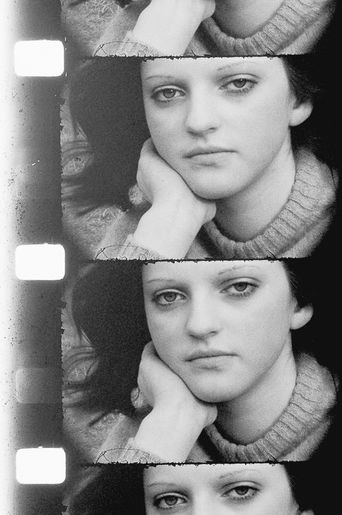Erwin, Toni, Ilse

Friedl Kubelka vom Gröller
Erwin, Toni, Ilse, 1968-69
Film, 16mm, 16 frames/sec, black and white, silent, 9 min
GF0003128.00.0-2003
Artwork text
Filmed Photo Portraits Erwin, Toni, Ilse, and Graf Zorkan (Franz West) are Friedl Kubelka’s first films. Influenced by the Nouvelle Vague and Existentialism, they were shot in the late 1960s at 16 frames per second and have not been edited. ERWIN (1968) The film shows a young man being ferried across a river by an old man, one winter day in Vienna. The fixed camera accentuates and makes symbols of the flow of the water, the movement of the ferry across the river, and the floating of the seagulls. While they are meant to describe the young man’s psyche, they also raise questions about his future and the meaning of life. TONI (1968) The camera pans from an architectural detail of Viennese Jugendstil to a young boy in his hideout, playing with a pistol. Indecisive, he points the gun at his temple, places it in his mouth, and aims it at an unseen target. The sweetness of the child’s face combines with the longing for a sweet death. 1971 ILSE (1971) The slow waters of the Danube, smoldering flames, riverside forests, train tracks: they are all symbols for the psychological portrait of a pretty young girl. The expression on her face during the film reveals a genuine transformation as it changes from a mischievous grin into existential sadness and despair.